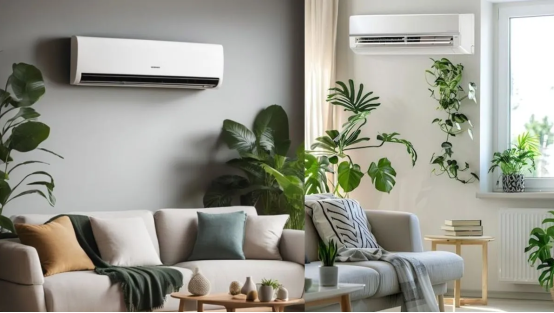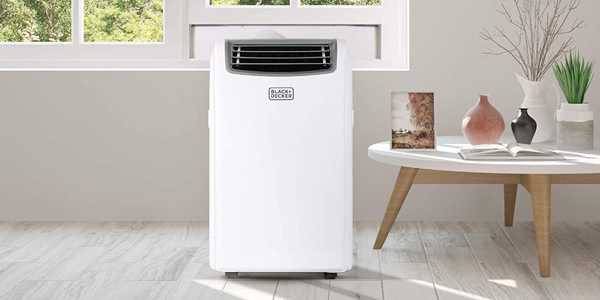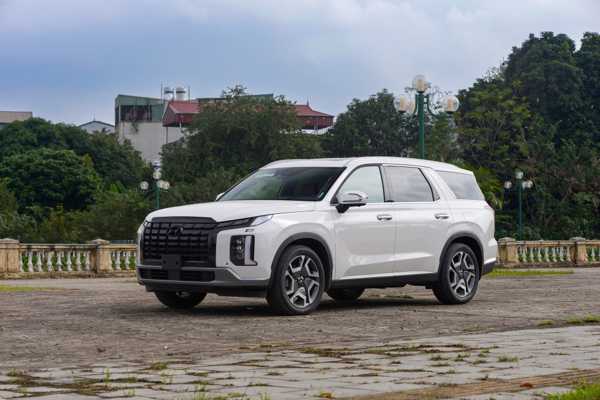Modern air conditioners are evolving quickly — bringing new features like smart control, silent operatioPrices, rates, or cost estimates mentioned in this article are based on the latest available information but may change over time. Independent research is advised before making financial decisions.

In conclusion, upgrading to a smarter air conditioning system can significantly enhance your home’s comfort, energy efficiency, and air quality. By considering factors such as smart features, energy efficiency ratings, proper sizing, and advanced filtration technologies, you can make an informed decision that aligns with your needs and budget. Remember to consult with HVAC professionals to ensure you select the best system for your specific home and climate conditions.
Prices, rates, or cost estimates mentioned in this article are based on the latest available information but may change over time. Independent research is advised before making financial decisions.
In conclusion, upgrading to a smarter air conditioning system can significantly enhance your home’s comfort, energy efficiency, and air quality. By considering factors such as smart features, energy efficiency ratings, proper sizing, and advanced filtration technologies, you can make an informed decision that aligns with your needs and budget. Remember to consult with HVAC professionals to ensure you select the best system for your specific home and climate conditions.
Prices, rates, or cost estimates mentioned in this article are based on the latest available information but may change over time. Independent research is advised before making financial decisions.
In conclusion, upgrading to a smarter air conditioning system can significantly enhance your home’s comfort, energy efficiency, and air quality. By considering factors such as smart features, energy efficiency ratings, proper sizing, and advanced filtration technologies, you can make an informed decision that aligns with your needs and budget. Remember to consult with HVAC professionals to ensure you select the best system for your specific home and climate conditions.
n, and energy-saving modes that adjust to your lifestyle. In this article, we explore how to choose the right air conditioner for your needs, what features matter most, and how smart cooling can make a noticeable difference in both comfort and efficiency. No hype, just helpful insights for better decisions.
What are the latest smart cooling features to look for?
When shopping for a new air conditioner, you’ll encounter a variety of intelligent features designed to enhance your cooling experience. Smart thermostats allow you to control your AC remotely via smartphone apps, enabling you to adjust settings even when you’re away from home. Some advanced models use artificial intelligence to learn your preferences and daily routines, automatically adjusting temperature settings for optimal comfort and energy savings.
Voice control compatibility is another popular feature, allowing you to integrate your air conditioning system with smart home assistants like Amazon Alexa or Google Home. This hands-free operation adds convenience to your daily life. Additionally, look for systems with occupancy sensors that can detect when rooms are empty and adjust cooling accordingly, further improving energy efficiency.
How can energy-efficient air conditioning save you money?
Energy-efficient air conditioning systems not only reduce your carbon footprint but also lead to significant savings on your utility bills. When evaluating energy efficiency, pay attention to the Seasonal Energy Efficiency Ratio (SEER) rating. The higher the SEER rating, the more efficient the unit. While these systems may have a higher upfront cost, they can result in substantial long-term savings.
Many modern ACs feature variable-speed compressors that can operate at different speeds depending on cooling needs, rather than simply turning on and off. This technology allows for more precise temperature control and reduced energy consumption. Some units also offer eco-modes that optimize energy use during off-peak hours or when you’re asleep, further minimizing your energy costs.
What size air conditioner do you need for your space?
Choosing the right size air conditioner is crucial for both comfort and efficiency. An undersized unit will struggle to cool your space effectively, while an oversized one will cycle on and off too frequently, leading to increased energy consumption and uneven cooling. To determine the appropriate size, consider factors such as the square footage of your home, ceiling height, insulation quality, and the number of windows.
A professional HVAC technician can perform a load calculation to determine the exact cooling capacity you need, typically measured in British Thermal Units (BTUs). As a general rule, you’ll need about 20 BTUs per square foot of living space. However, this can vary based on your specific home characteristics and local climate conditions.
How do multi-zone systems improve home climate control?
Multi-zone air conditioning systems offer a flexible solution for homes with varying cooling needs across different areas. These systems allow you to set different temperatures for individual rooms or zones, ensuring personalized comfort throughout your home. This targeted approach can lead to significant energy savings by cooling only the areas that need it, when they need it.
Multi-zone systems typically consist of an outdoor unit connected to multiple indoor units, each controlled independently. This setup is particularly beneficial for multi-story homes, houses with additions, or spaces with areas that are used infrequently. By providing precise climate control, multi-zone systems can enhance both comfort and energy efficiency.
What are the latest innovations in air filtration technology?
Air quality is a growing concern for many homeowners, and modern air conditioning systems are rising to the challenge with advanced filtration technologies. Look for units equipped with high-efficiency particulate air (HEPA) filters, which can remove up to 99.97% of airborne particles as small as 0.3 microns. Some systems also incorporate UV light purification to neutralize bacteria, viruses, and other microorganisms.
Innovative air conditioners now feature air quality sensors that can detect and alert you to changes in indoor air quality. These sensors can trigger automatic air purification cycles or adjust fan speeds to improve filtration when needed. For allergy sufferers or those living in areas with poor air quality, these advanced filtration options can make a significant difference in indoor comfort and health.
How do smart diagnostics and maintenance features benefit homeowners?
Smart diagnostics and maintenance features are revolutionizing the way we care for our air conditioning systems. Many modern units come equipped with self-diagnostic capabilities that can detect potential issues before they become major problems. These systems can alert you or your HVAC technician to necessary maintenance, helping to prevent unexpected breakdowns and extend the lifespan of your equipment.
Some air conditioners now offer real-time performance monitoring through smartphone apps, allowing you to track energy consumption, set maintenance reminders, and even receive tips for optimizing your system’s efficiency. This proactive approach to maintenance can lead to lower repair costs and more consistent performance over time.
When considering an air conditioner upgrade, it’s important to weigh the initial investment against long-term benefits. While smart and energy-efficient systems may have higher upfront costs, they often result in significant savings over time through reduced energy consumption and maintenance needs. To help you make an informed decision, here’s a comparison of different air conditioning options:
AC Type | Features | Energy Efficiency | Estimated Cost Range |
Basic Window Unit | Manual controls, single room cooling | Low to Moderate (SEER 10-12) | $150 - $500 |
Smart Window Unit | WiFi connectivity, app control | Moderate (SEER 12-15) | $300 - $800 |
Split System (Non-Smart) | Quiet operation, whole-home cooling | Moderate to High (SEER 14-18) | $3,000 - $7,000 |
Smart Split System | WiFi,multi-zone control, advanced filtration | High (SEER 18-26) | $4,000 - $10,000 |
Central AC (Non-Smart) | Whole-home cooling, ducted system | Moderate to High (SEER 14-18) | $5,000 - $12,000 |
Smart Central AC | WiFi,zoning,variable-speed compressor | Very High (SEER 20-26) | $7,000 - $15,000 |
Prices, rates, or cost estimates mentioned in this article are based on the latest available information but may change over time. Independent research is advised before making financial decisions.
In conclusion, upgrading to a smarter air conditioning system can significantly enhance your home’s comfort, energy efficiency, and air quality. By considering factors such as smart features, energy efficiency ratings, proper sizing, and advanced filtration technologies, you can make an informed decision that aligns with your needs and budget. Remember to consult with HVAC professionals to ensure you select the best system for your specific home and climate conditions.





